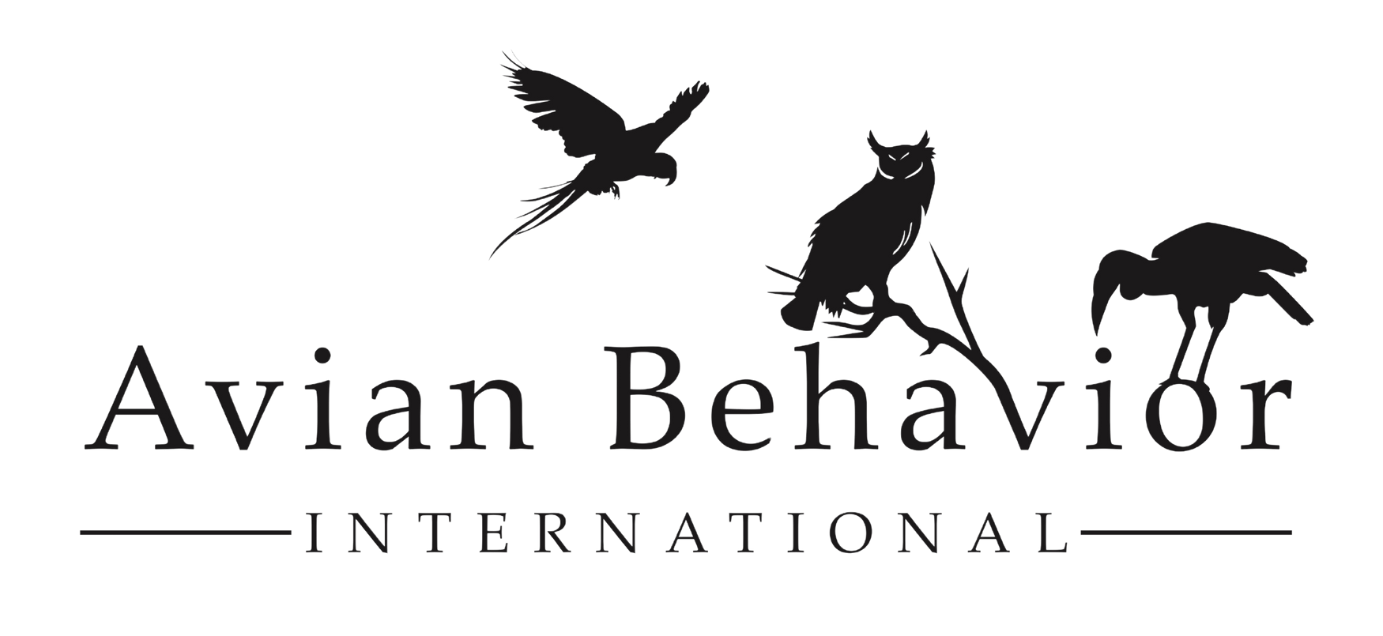
26 Jun When the Sky Lights Up, Where Do the Birds Go?
I love a celebration as much as the next person. But when it comes to fireworks, I’m not talking about the kind that light up the night sky. I’m talking about what we don’t see—the wildlife scattering in fear, the birds abandoning their nests, and the ripple effect that booms far beyond a backyard barbecue.
When you’re in the midst of the celebration, you probably aren’t thinking of fireworks as a conservation concern. But watching the startled flapping of a hawk mid-night, hearing the distressed calls of owls that should be roosting, and seeing the unexplained absences from nesting sites the next morning… it adds up. And once you see it, you can’t unsee it.
So, here’s how we can all step up—no judgment, just options. And the good news is, some of the most effective actions start with simply being aware.
Beginner Level: Wildlife Admirer
Start by rethinking what you celebrate and how. Consider swapping traditional fireworks for silent or low-noise alternatives—yes, they exist! Laser shows, drone displays, and even good old-fashioned sparklers can keep the wow factor without the fallout. You’ll be doing more than just sparing a few feathers—many birds, especially raptors and nesting species, experience intense stress reactions that can last for days. Some even abandon their young or injure themselves trying to escape.
Intermediate Level: Wildlife Enthusiast
Share what you know. Post on social, talk to your neighbors, or mention it at your next community meeting. Encourage local event planners to consider wildlife-friendly celebrations. If you’re hosting your own gathering, try timing things earlier in the evening, away from dusk when birds are settling in for the night, and steer clear of habitats like tree lines, canyons, and wetlands.
Pro Level: Wildlife Warrior
Ready to dig in? Help gather and distribute resources on wildlife-safe holidays in your area. Offer to support your town or neighborhood association in putting together alternatives. Advocate for public spaces that prioritize native species protection, and if you’re feeling especially bold, help organize a cleanup of spent fireworks debris—because those casings and chemicals don’t just disappear.
If you live near sensitive habitats or nesting zones, consider reaching out to a local wildlife rehabber or conservation group to ask how you can support mitigation efforts. Sometimes, it’s as simple as keeping an eye out for distressed or disoriented birds the morning after and knowing who to call.
Every bird counts.
It might feel small—choosing one quieter celebration, skipping a firecracker, talking to one neighbor. But to a bird who didn’t have to flee their nest that night? It’s everything.
If you want to learn more about the impact of noise pollution, habitat disruption, and how species like Huxley the Yellow-Headed Vulture and Ripley the Spectacled Owl adapt to our ever-louder world, come to one of our popular experiences. We love sharing their stories—and trust me, they’ve got some.

